Electricians can work in both, or either of the commercial and residential sectors. There are also different types of electricians and we’ll take a look at this in the following sections.
Electrician Categories
Before we get into the various types of electricians, and the various certificates, let’s break it down into two categories.
- Linemen or outside electricians typically work with higher voltages. They ensure electricity produced at the power plants moves smoothly to substations. Linemen are capable of managing high-voltage lines in residential, commercial, and industrial settings.
- Wiremen or inside electricians work with lower voltages typically found inside buildings. Wiremen install, maintain, and repair electrical systems ensuring residential, commercial, and industrial buildings have a reliable source of power. Solar panel systems, including installation, are typically handled by wiremen.
Types of Electrical Licenses
There are three types of electrical licenses, here’s a quick look at each one.
Apprentice Electricians
The first certification level is an apprenticeship. Most states require a high school diploma or the equivalent (GED) to become an apprentice electrician.
Apprentices go through several hundred hours of classroom instruction before working under a licensed electrician. Most apprenticeships lasts between three to six years.
Journeymen Electricians
After meeting all of the requirements of an apprenticeship, the next license is a journeyman. You will be required to take a test before receiving your journeyman’s license from a local, state, or federal agency.
Once you have a journeyman’s license, you can work without supervision and participate in training apprentices.
Master Electricians
A master electrician is the highest certificate level and requirements vary by state.
Most states require around 4,000 hours of electrical work as a journeyman. Your time as an apprentice does not count towards your 4,000 hours. After clocking in the required hours, the next step is to pass the licensing exam. The exam covers the National Electrical Code, which is extensive.
Master electricians typically work on complex projects, typically in the commercial and industrial sectors.
Different Types of Specialized Electricians
Linemen and wiremen can also specialize in various fields. Here are some of the common types of electricians you may encounter at your commercial, industrial, or residential properties.
Industrial Electrician
Industrial electricians often work in power and processing plants, along with mines and factories. They are responsible for installing, troubleshooting, and repairing electrical equipment.
This type of electrician often works with manufacturing systems, along with large-scale security and lighting systems.
Industrial electricians typically report to facility managers or maintenance supervisors. To work in this field you will need several years of apprenticeship training.
Commercial Electrician
Commercial electricians often work in offices and other types of commercial buildings. They are often tasked with installing, maintaining, and repairing electrical systems.
Some commercial electricians also assist in designing and planning electrical systems for new constructions. Some commercial electricians even open businesses and employ other electricians.
Residential Electrician
The most common type of electrician works in the residential sector. Residential electricians often install electrical appliances, security systems, and home HVAC units.
Residential electricians go through the apprenticeship program and pass state-mandated testing before receiving their licenses. Like commercial electricians, residential electricians can also open companies and employ other electricians.
Maintenance Electrician
Maintenance electricians work in the industrial, commercial, and residential sectors. They are responsible for maintaining, repairing, and upgrading existing electrical systems and equipment.
Some responsibilities can also include testing and diagnosing issues with the building’s electrical equipment and system. All maintenance electricians go through an apprenticeship program, and on-the-job training, and hold an electrical license.
Auto Electrician
Auto electricians work on the electrical systems in automobiles. Along with an electrical license, auto electricians also need an in-depth understanding of the vehicles, including the drivetrain and electronic systems.
Licensing
All electrician licenses are issued by the state. All states recognize the three types of electricians, apprentice, journeyman, and master. The licensing requirements can vary by state, so it’s a good idea to check the requirements for your area.
Safety and Working Condition
To help electricians avoid serious injuries, OSHA safety training is recommended and often a job requirement. Employers can also help minimize potential risks with the following,
- Lockout and tag-out procedures
- Limits of approach
- Use of appropriate tools
- Use of personal protective gear
Some days may require climbing ladders and scaffolding, while others may have the electrician working in cramped or dirty conditions. It’s recommended all electricians come to work prepared.
Rate of Pay
According to the U.S. Bureau of Labor Statistics, electricians had a median annual salary of $55,190 in 2018. This included a mean hourly wage of $28.50. The best-paid 25% made $472,780 while the lowest-paid 255 made $41,260.
Some of the states paying the highest wages are Alaska, Hawaii, Illinois, and New York. Electricians working in metropolitan areas like San Francisco, New York, Chicago, and San Jose tend to earn higher wages than in other communities.
Want to Learn More About the Different Types of Electricians
Whether you need an electrician or are interested in an electrical career, contact Action Services Group today. We staff licensed electricians in all categories and can even provide helpful career advice. Call 610-558-9773, email [email protected] or schedule a call to learn more about our electrical services and projects.



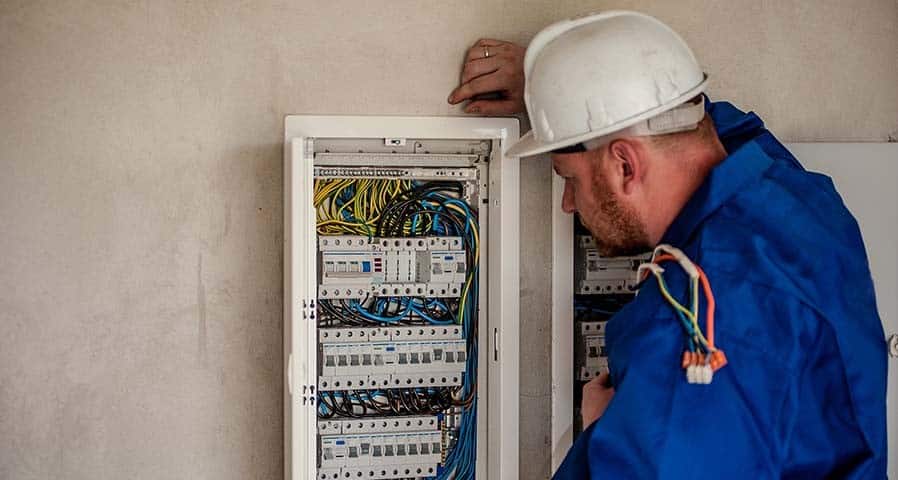
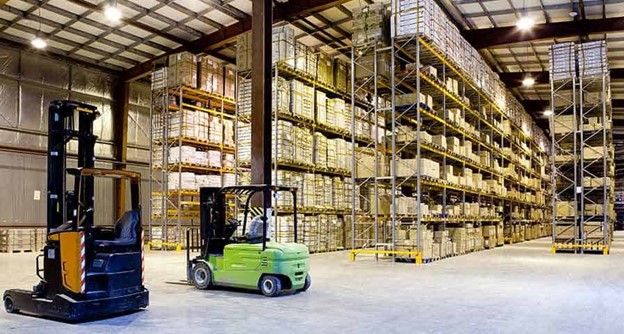
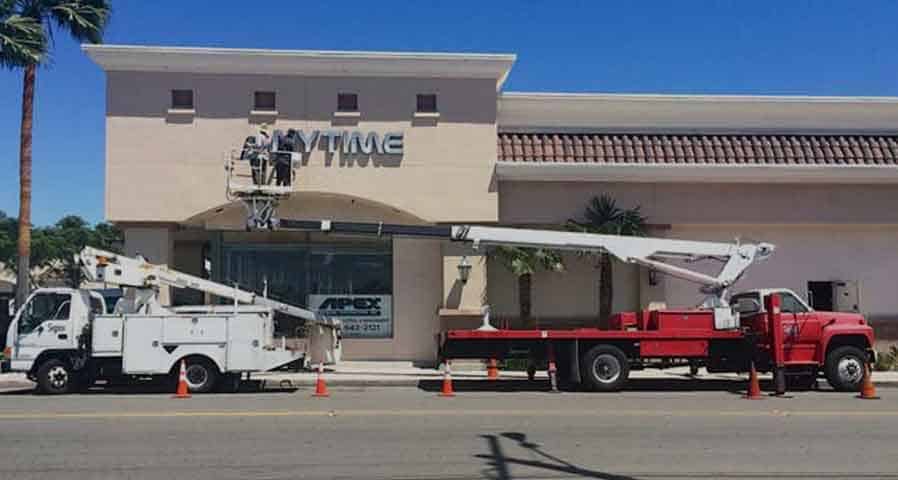










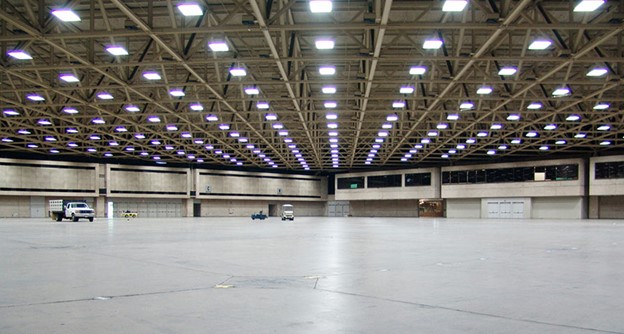


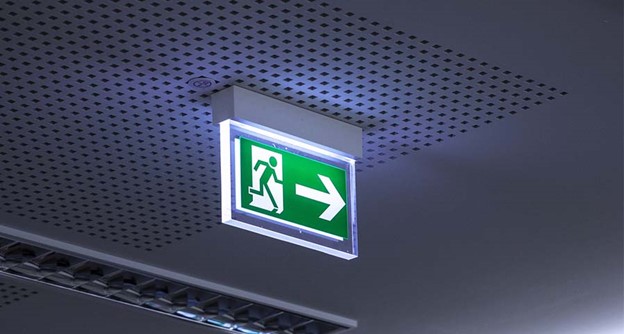
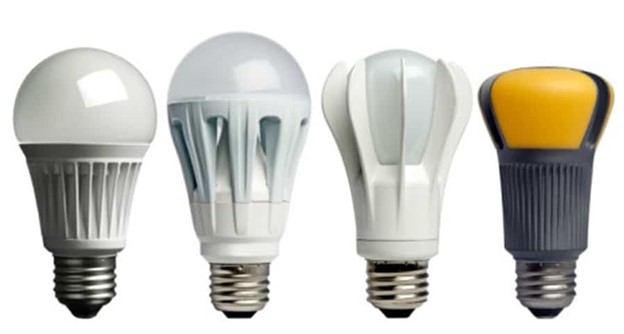
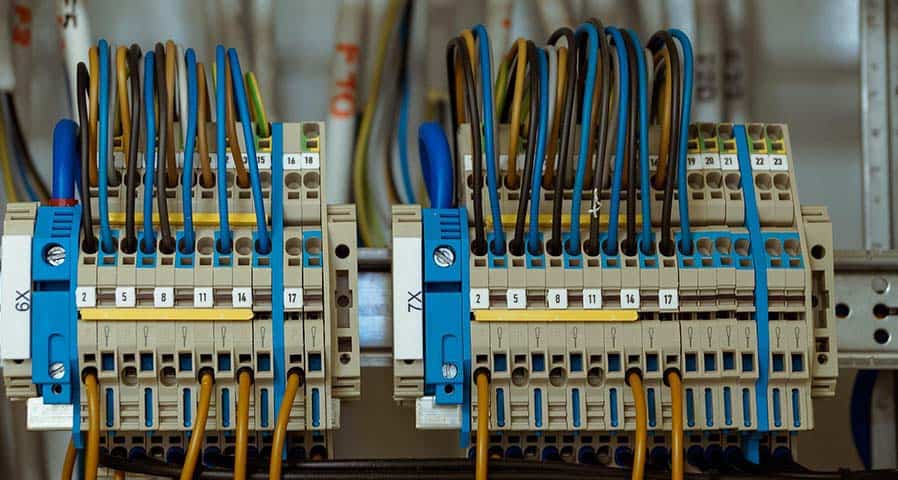



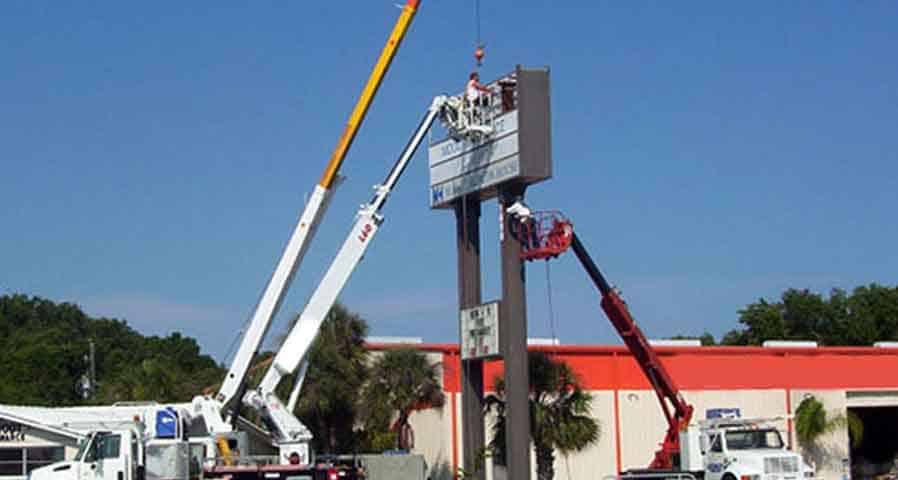

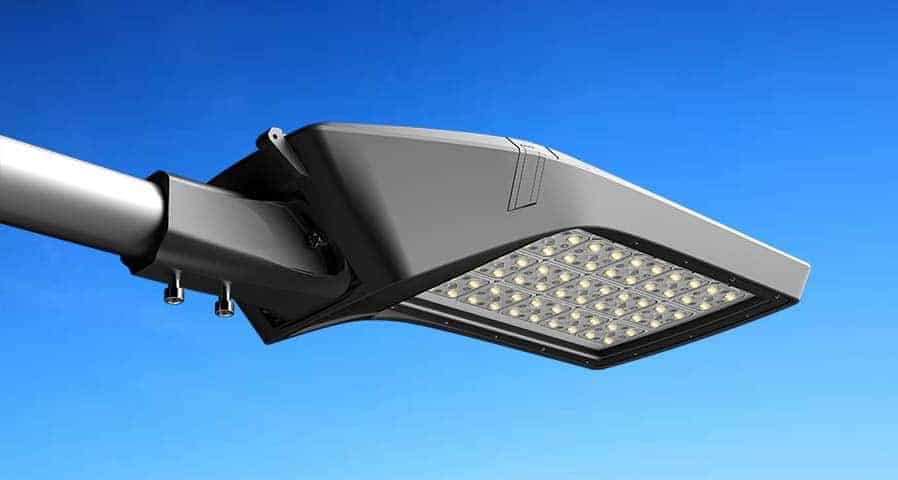
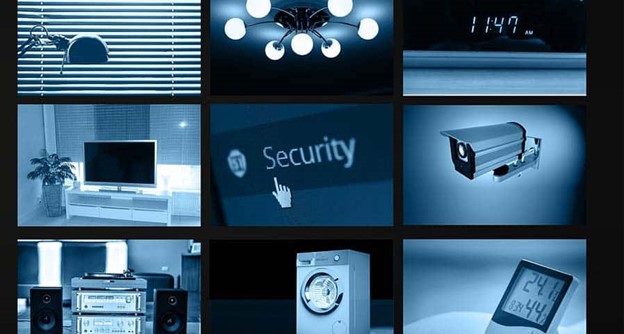
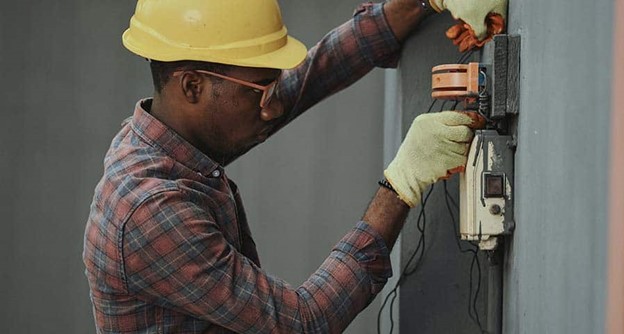











0 Comments